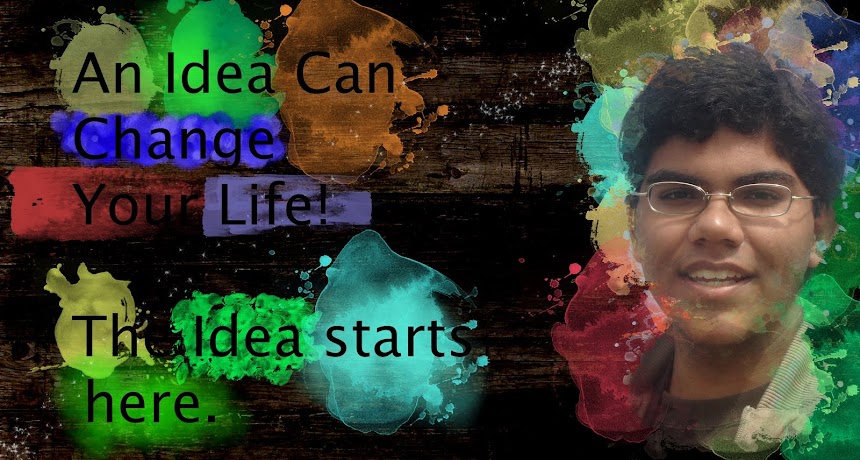After spending the last sixteen years or so in Singapore, I have come to understand a few things about the Singapore education system. For one, the Singapore education system emphasizes primarily on logical or linguistic thinking.
Sadly, in the real world, logical or linguistic thinking is not all that matters. Lately, I have realized the importance of other type of intelligences - the ones that cannot be measured by IQ or EQ or god-knows-what tests. I am talking about Spatial, Bodily-kinesthetic, Musical, Interpersonal, Intrapersonal, Naturalistic and Existential intelligence - I read them up on Wikipedia. (link)
In Singapore, the only time such intelligences does come useful in our academic life is during camps, CCAs and times when we chat with our teachers and friends. Other than that, they are all considered 'non-core' to the curriculum. Being social or being a person who is able to analyze himself almost never gains a compliment from anyone around you. All that matters is being smart - being good at grades in one or more subjects; actually if possible, to be good at all of them. I won't deny the importance of of logical thinking, however, I would deny it giving more importance than other types of intelligences. It is just morally wrong to compare and rank the various types of intelligences.
For instance, purely by considering the amount of time one spends learning non-logical thinking compared to logical thinking, I realize that the ratio would be upwards of 5 (I am already being very lenient). However, this is never a good way to quantify or argue for teaching to be social, a good host, to analyze one's weakness or etc as most of the other intelligences are developed on-the-fly. When we are young, we naturally learn to communicate with others around us. When we fail, we naturally want to get to the root of the failure. As such, it would be unfair to compare in numerical terms as the amount spent not immersing in logical thinking would be unquantifiable.
Also, it would be absurd to literally 'teach' how to be intelligent in other ways - 10 or 20 years from now it maybe normal but for now, it is crazy. For most of it, we know the only way to build up our intelligence in other dimensions is by practicing them in our daily lives; by playing instruments by ourselves, by going for social events ourselves and etc.
As such, we reach the conundrum every educator eventually reaches: should the education system groom logical thinkers and trust that parents will develop the other aspects of one's mind? Clearly, the answer depends on the kind of people you are dealing with. If the general education of the parents' in the school is high enough (as to be decided based on the context), the its fine to go ahead with only focussing on logical thinking as these parents would understand how they ought to bring up their children. On the other hand, in the case where the parents' education isn't sufficient for them to understand the needs of the human mind, then, it becomes the responsibility of the school to nourish the brain.
Even then, comes the problem of recognizing talents in other areas. Just by issuing CIP points or stating that one did well for CCA or participated enthusiastically for a camp isn't sufficient. There should be medals given out to recognize maybe the 'Best Host' or 'Best Partygoer' or things like that. Sadly, it would make even those fields competitive and just induce more stress on the child. On the whole, finding a solution to satisfy all intelligences and to give them equal credit is an extremely hard task that will require educators from all over the world to sit down together and discuss about options available.
To end off, I believe that a solution should be sought after quickly to balance the development of all aspects of intelligence.

No comments:
Post a Comment